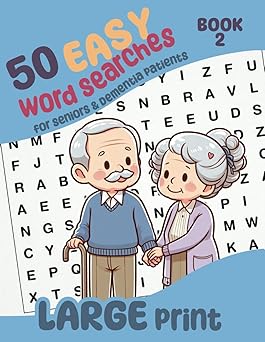Sleep and Dementia: Improving Rest for Better Brain Health
Sleep is of crucial importance for brain and body health. Here are some tactics for improving sleep in dementia patients.
9/17/20253 min read
Quality sleep is essential for everyone's health and well-being, but it is particularly important for older adults with dementia. It has a direct impact on cognitive function, mood, and overall condition. Poor sleep can worsen confusion, agitation, and memory issues. These are common challenges in dementia. By giving priority to good sleep hygiene, caregivers can support brain health and improve overall life quality for dementia patients.
Here are some strategies to enhance sleep for those with dementia:
The link between Sleep and Brain Health
Sleep gives the brain a chance to clear toxins, consolidate memories, and repair itself. This is obviously beneficial to dementia patients. Disrupted sleep can exacerbate symptoms such as disorientation and irritability. Research suggests that consistent, restorative sleep may help to slow cognitive decline and improve alertness in the daytime. Addressing sleep issues is key to supporting cognitive resilience.
Establishing a consistent bedtime routine
A predictable routine at bedtime subconsciously signals to the body to wind down. Set a regular sleep schedule, aiming for the same bedtime and wake-up times each day. For example, predictable activities such as a bath or some soft music at 8 pm, leading to bedtime at 9 pm. Maintaining a simple routine will avoid overwhelm and confusion.
Create a Sleep-Friendly Environment
A calm and comfortable room encourages rest and relaxation. Ensure the room is dark and quiet. A cool but comfortable temperature is best. Use blackout curtains to block light and minimize noise. A white noise machine can help with this if there is unavoidable ambient noise. Remove any clutter and ensure that the bed is comfortable and familiar. A low bed or one with rails is safer.
Limit Stimulants and Evening Fluids
Caffeine and sugary drinks can disrupt sleep; avoiding them after midday will be beneficial. Limit fluids in general in the evening to reduce the need for bathroom trips, which can lead to disorientation in dementia patients. Hydrating foods throughout the day, such as watermelon, will help to hydrate without disturbing sleep. Check on any medication that may hinder sleep, and consult a doctor to see if it can be rescheduled to improve timing.
Encourage Daytime Activity and Light Exposure.
Daytime physical activity will increase tiredness later in the day, and regular exposure to daylight improves the circadian rhythm, regulating the sleep-wake cycle. Even a 15 to 30-minute period of daylight can improve circadian rhythms. Avoid long naps in the day, perhaps limiting them to 30 minutes if necessary in the early afternoon.
Always be aware of signs of discomfort, such as restlessness or pain. These can cause sleep issues. Consult a doctor if such issues arise. If problems with sleep persist, consult a sleep specialist for help identifying causes like sleep apnea. Make small and consistent improvements; they will lead to better rest and happier days.
By working on positive sleep habits, caregivers can support cognitive health and reduce dementia-related challenges, creating a calmer, more restful experience for all.






Useful Resources
Easy Nature Wordsearch
An easy, large print wordsearch, suitable for elders with dementia or other forms of cognitive decline.
A dementia-friendly wordsearch book with a range of simple themes.
An easy word search book with Christian-themed puzzles. Large print and dementia-friendly.
Easy Wordsearch
Easy Christian Wordsearch
Connect
© 2025. All rights reserved.




